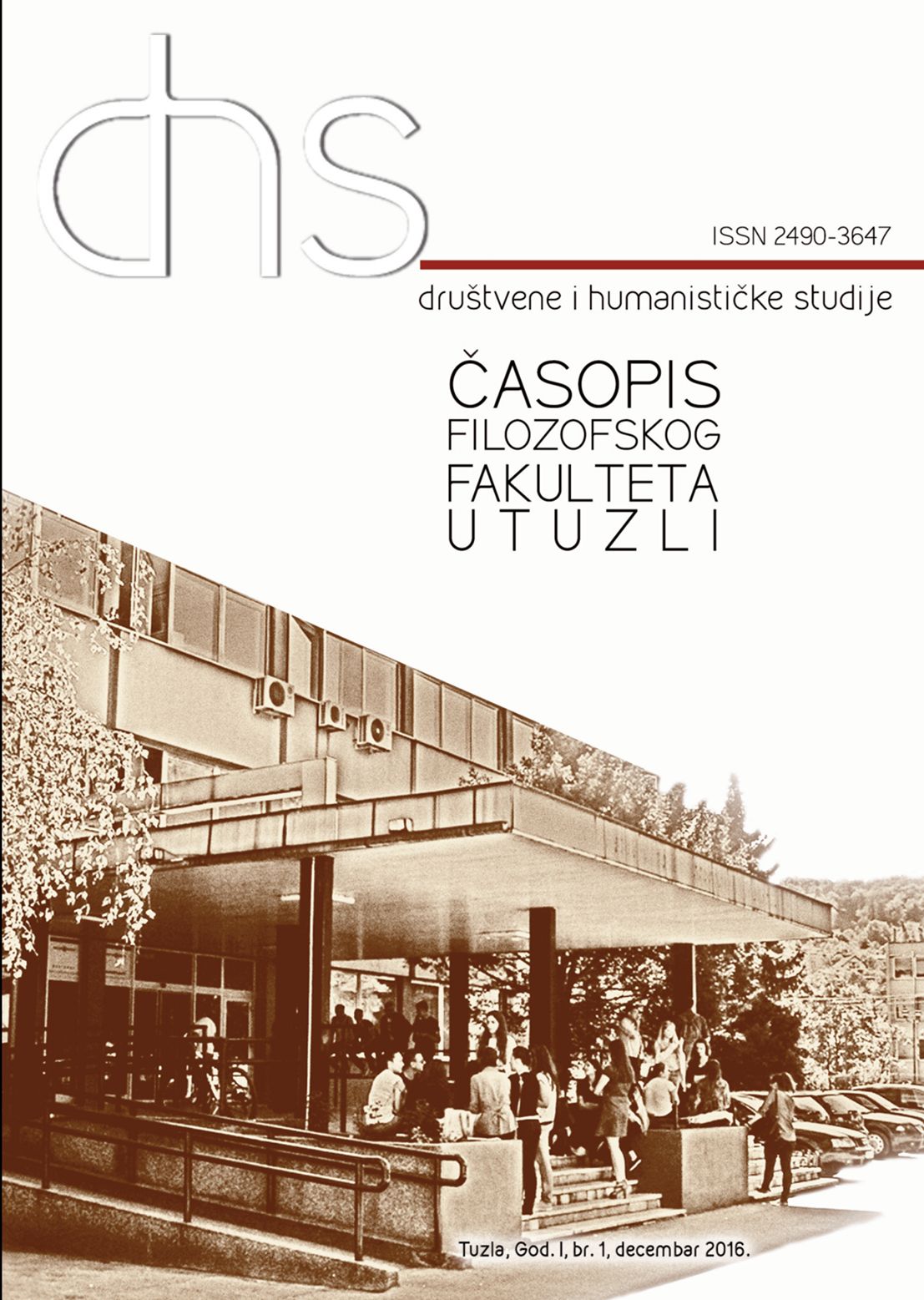Utjecaj humanističke pedagogije na razvoj inkluzije gledano kroz prizmu promjene društvenih odnosa
The Impact of the Humanist Pedagogy to the Development of Inclusion as Seen Through the Prism of Changes in Social Relations
Author(s): Nusreta KepešSubject(s): Social Sciences, Education, Adult Education, History of Education, Inclusive Education / Inclusion
Published by: Filozofski fakultet Univerziteta u Tuzli
Keywords: Lifelong education; inclusion; integration; people with disabilities; social model;volunteerism;
Summary/Abstract: According to the World Health Organisation, up to 15 percent of the world’s population are people with some kind of a disability. As seen through the historical prism, this population was not protected, nor did it enjoy the fundamental freedoms on an equal basis with other people. In the first part of the paper, numerous factors that influenced the change of consciousness and attitude towards people with disability through history have been elaborated. The next part of the paper contains the developmental path of humanistic pedagogy which, by reforming the school system, opened the door to children with developmental disabilities and also integrated such children into the educational system. With the development of the social model and by introducing inclusion to regular primary and secondary schools, the position of children with developmental disabilities has greatly improved. In another part of the paper, the focus is directed on the program of the lifelong education and its importance for people with disabilities. Through such a segment, the society shows a high degree of social responsibility as well as social sensitivity towards people that need this kind of help. Namely, through additional training, retraining, and specialisation programs, people with disabilities are provided with equal access to training and are given the opportunity to learn continuously. The final part of the paper contains one part of the research study whose main goal is to examine the impact of formal and informal education to the degree of participation and active involvement in the community. The research has been conducted by the method of the personal contact with the respondents (face to face method). The respondents belong to the age group 55+, on a sample of over N=540 respondents, and 17% of these are disabled people. The results indicate that educated persons have a greater degree of motivation to actively participate in the community. In this research, the dimension of active volunteer work correlates significantly (r=0,39) with the educational level of the respondents. A high level of education also attests positive effects of the voluntary activism to people with disabilities. Although the results on the scales variable of the active participation in the leisure time are somewhat better than the variable of the volunteer activism, they still can be brought into correlation with the educational level of an individual. The recommendations stress the significance and contribution of the voluntary actions of people with disabilities in maintaining integrational cooperation and solidarity, which contribute to positive change in society.
Journal: DHS-Društvene i humanističke studije: časopis Filozofskog fakulteta u Tuzli
- Issue Year: I/2016
- Issue No: 1
- Page Range: 233-260
- Page Count: 28
- Language: Bosnian

